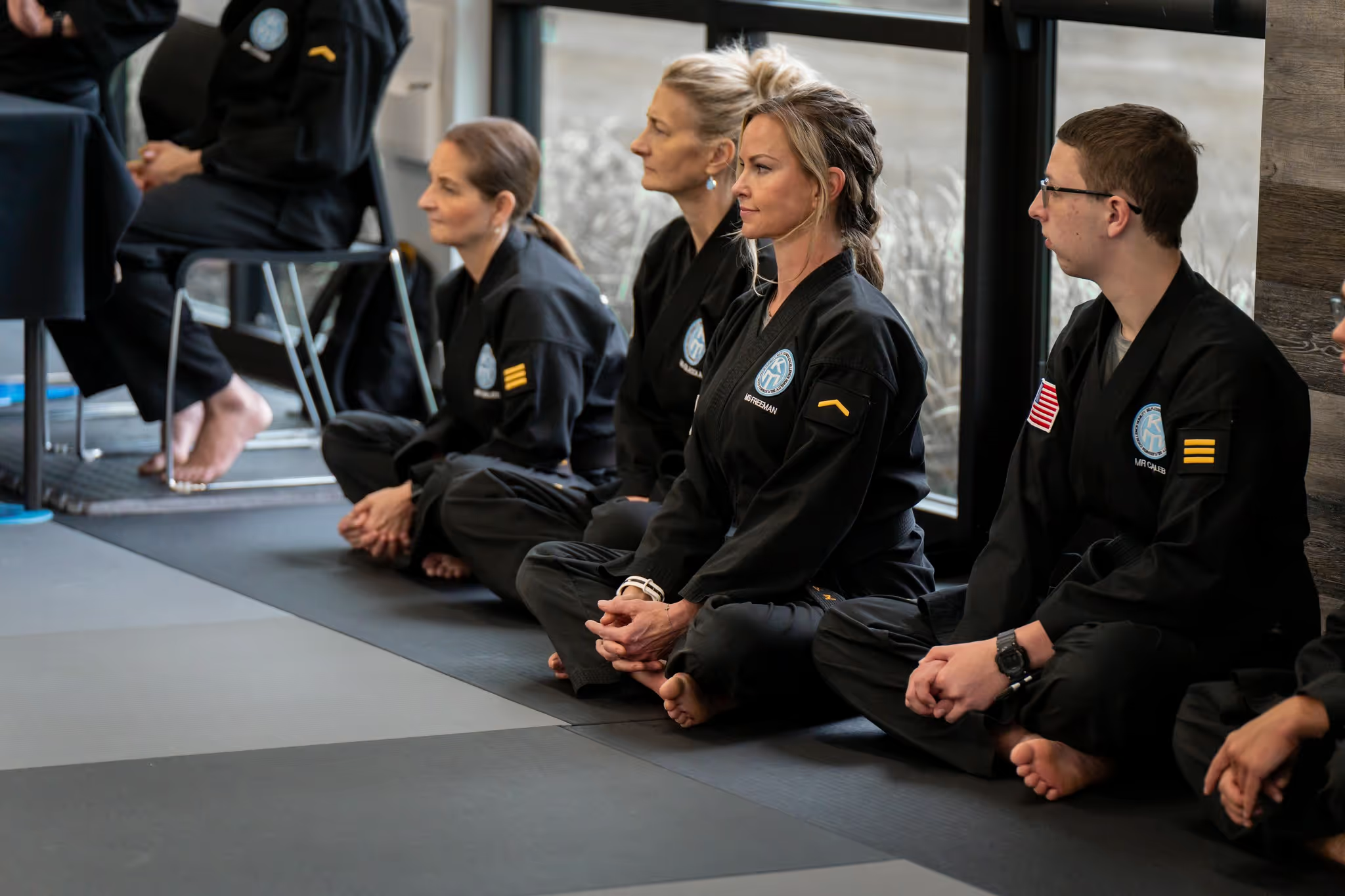Guest blog post by Christopher Buono, KOMA student and parent
Resilience, grit, determination, the ability to overcome hurdles: Regardless what you call it, as parents, one of our jobs with our children is to instill in them the capacity to set and achieve goals—challenging goals—overcoming their 21st century inertia as well as any other hurdles. Yet, in a world where everyone—kids included—are being inundated with the call of instant gratification, we must teach them that delayed gratification is a more satisfying, character-building gratification.
Research psychologists have shown that lifetime success depends 20% on a person’s Intelligence Quotient (IQ or smarts), 40% on their Emotional Quotient (EQ or emotional intelligence), and the remaining 40% on their Adversity Quotient (AQ or grit). This is eye-opening because it means we can’t simply rely on our children being smart as the sole or even biggest factor in being successful.
In fact, current research suggests that we may be doing our children a disservice when we repeatedly tell them that they’re “so smart”. Instead, we should be praising them for their hard work (or grit). This ensures they don’t rest on their ‘smartness’, forgoing real effort.
To test children’s determination, Stanford University pioneered the Marshmallow Experiment. In the experiment, a child was offered a choice: one immediate reward (set within arms’ reach) or two rewards if they waited several minutes (based on the child’s age). The researchers left each child alone in a room with a single marshmallow for up to 15 minutes. Researchers found that children who were able to wait for the doubled reward went on to have better life outcomes—measured by SAT scores, body mass index (BMI), and other broad life measures.
So, what does this all have to do with Taekwondo?
Taekwondo requires resilience, grit, determination, and the ability to overcome hurdles. It’s not that Taekwondo is tough (which it can be), but that the achievements aren’t immediate. You want to be a black belt? It only takes a few years of consistent and repeated class attendance, practice, and assessments. Even when we focus our attention on the very next color belt in the progression, we’re looking three months into the future, or more. Not many pre-teens think that far ahead—from their perspective, it seems like a lifetime away.
The character trait we are trying to instill through attendance and practice is commitment (a component of resilience). This includes: getting started as a white belt when black seems so far away; going to class when “I just don’t feel like it”; pushing through the physical exertion; and, in general, setting and achieving goals to generate intrinsic motivation and build confidence.
As adults we may simply tell ourselves to “suck it up.” But children don’t have the same capacity to see the endgame as we do. This is where the Marshmallow Experiment may offer insight. Video showing kids undergoing the Marshmallow Experiment show how successful children deal with the challenge (Google: youtube marshmallow experiment). In short, they do everything they can but look directly at the reward. They distract themselves. They focus on anything and everything to make time pass more quickly and easily.
So, what does this all mean for parents of school-age children who want to instill in their kids all these positive traits? The first step is the first step. In other words, we walk through the door. We encourage our kids to try new things. Then we focus on the next milestone: membership—joining a group of like-minded people where our kids can feel a sense of belonging and have other members to look up to. We can focus on earning belt stripes, then color belts—all the while experiencing the journey.
Once we’ve built into our children’s lives these habits of success, as parents, we can stand back and appreciate their achievements as both initiated by us and independent of us.
Christopher Buono is an experienced enterprise leader now delivering topnotch leadership to midmarket and performance-potential companies. He has broad industry experience as a consultative C-suite leader uniquely capable of blending operational excellence, strategic planning, and a differentiated customer experience.
Chris shares a lovely home in Overland Park with his accomplished wife, Tereza Hubkova, M.D. as well as their talented nine-year-old daughter, Nicolette. They are recent transplants to Kansas from the Berkshires of Western Massachusetts. Apart from Taekwondo, his favorite hobbies include saltwater aquaria, cooking and baking, and woodworking.





